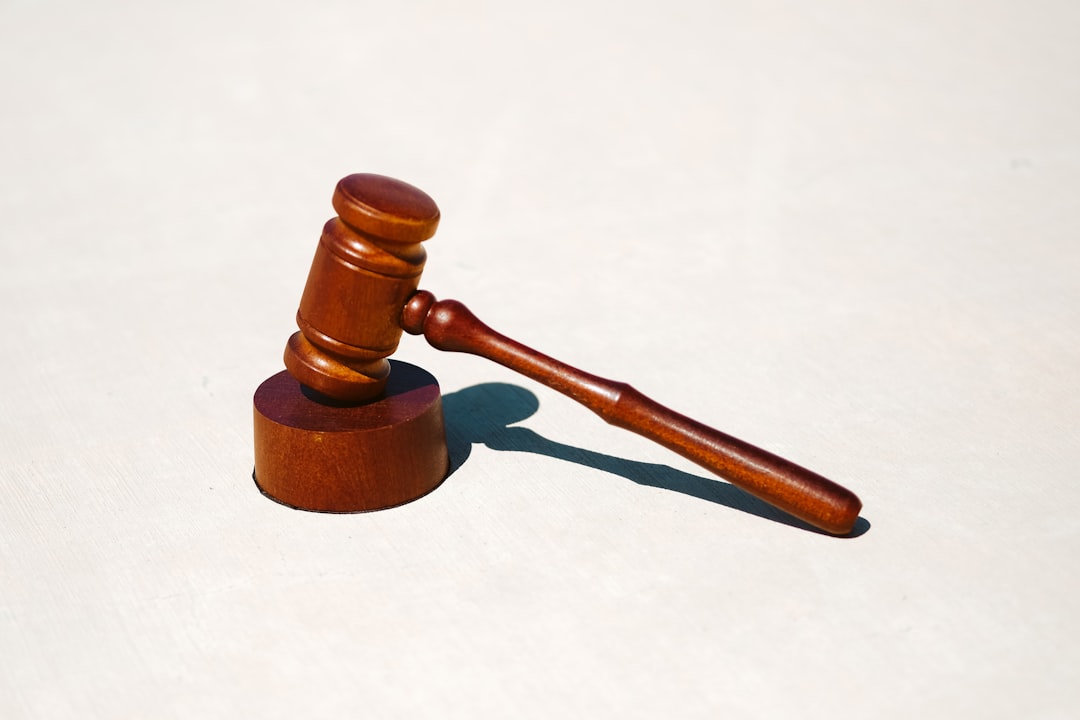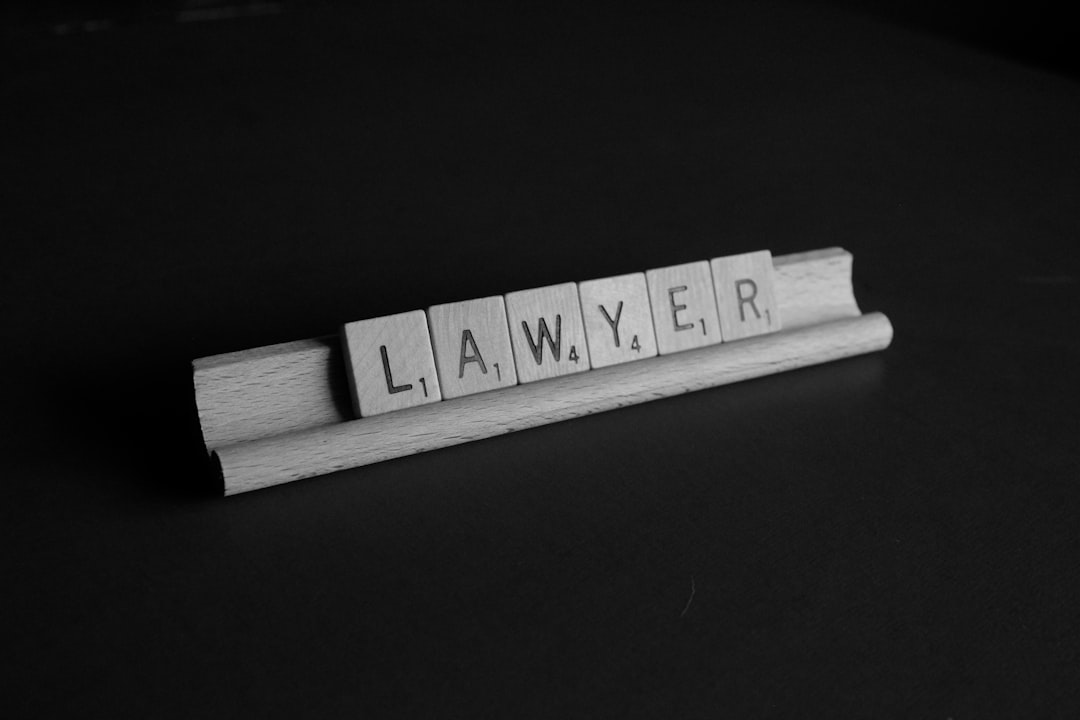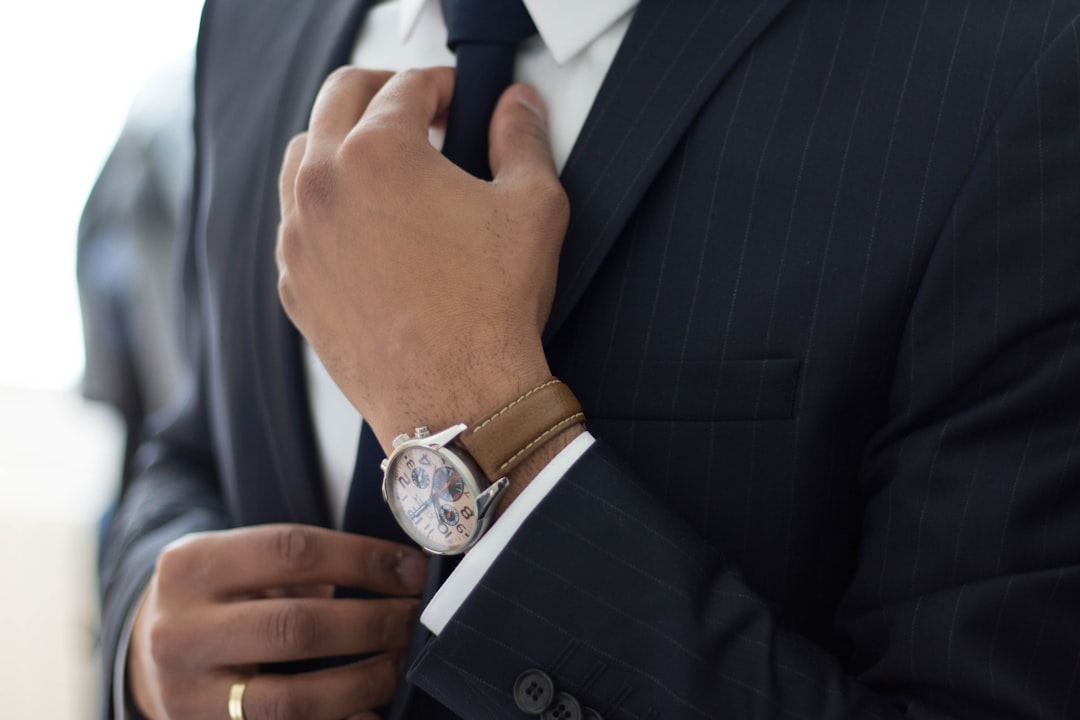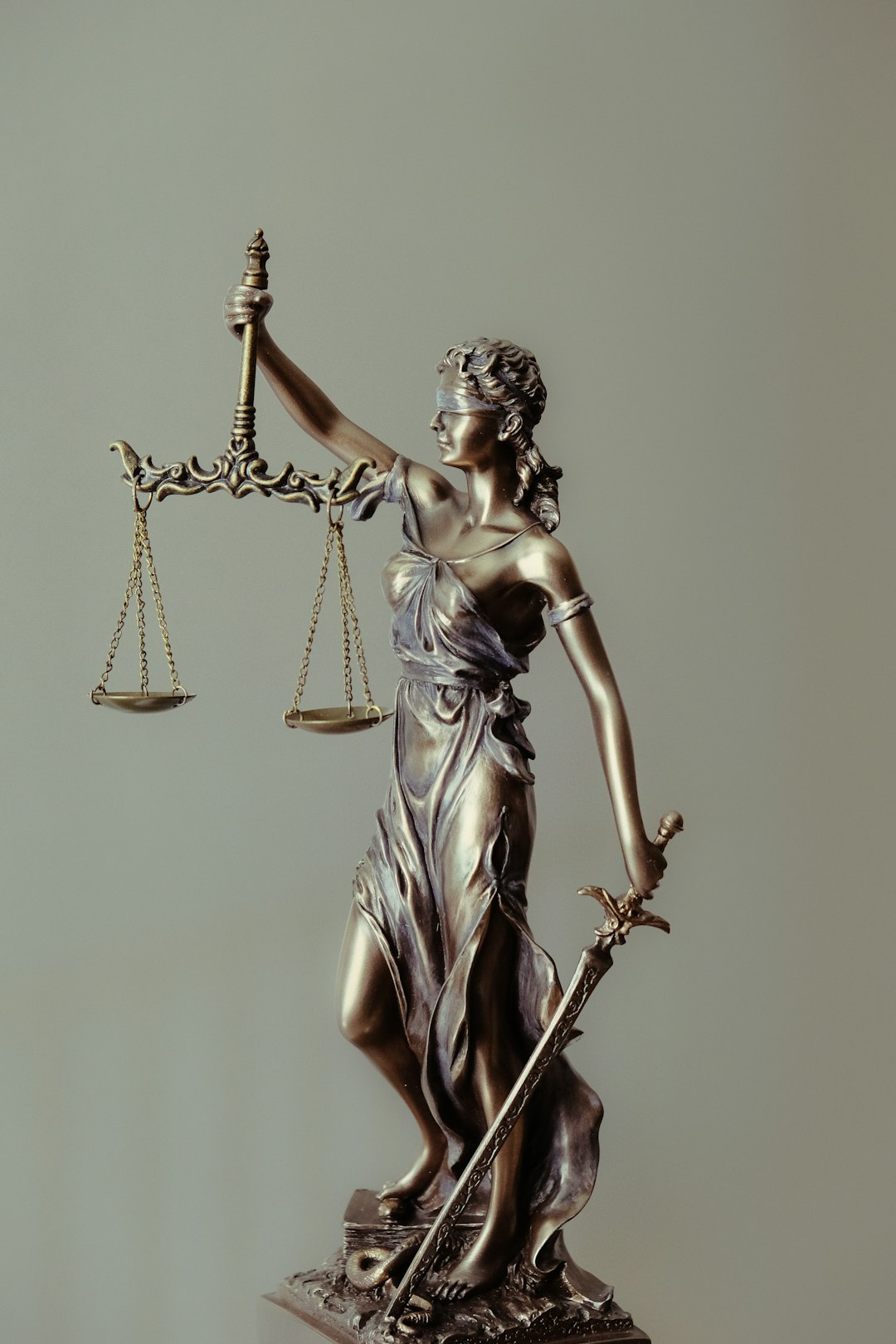In Rochester, NY, jury selection for rape cases begins with random summoning from voter or driver registries, aiming for diverse representation. Potential jurors undergo a thorough preprocessing session where they're questioned about backgrounds, biases, and local community knowledge, including the police department's reputation. A qualified rape attorney in Rochester NY guides this process, identifying impartial individuals capable of deciding solely on evidence. During selection, these attorneys evaluate jurors' demographics, experiences, and preconceived notions to mitigate potential biases, enhancing the likelihood of a fair trial and justice for their client. Jurors in Rochester have specific rights and expectations, including clear information about the case, a fair evaluation, the right to ask questions, and transparent communication regarding trial expectations.
In Rochester, NY, the selection of jury members for rape cases involves a meticulous process designed to ensure fairness. Understanding this process is crucial, especially with the help of a dedicated rape attorney in Rochester NY who can guide potential jurors through their rights and expectations. This article delves into the steps of jury selection, highlighting the role of legal representation and the rights of prospective members, offering valuable insights for those navigating these sensitive cases.
Understanding the Jury Selection Process in Rape Cases
The jury selection process in rape cases, like any other criminal trial, is a meticulous and complex procedure designed to ensure fairness and impartiality. In Rochester, NY, as in many jurisdictions, this involves several stages. Potential jurors are first randomly selected from a pool of registered voters or licensed drivers, a process known as jury summoning. This random selection aims to create a diverse and representative group.
Once summoned, candidates attend a jury preprocessing session where they are questioned about their backgrounds, experiences, and any biases or prejudices that might affect their ability to render an unbiased verdict. This is crucial in rape cases, given the sensitive nature of the crime. Questions may cover personal beliefs, previous experiences with law enforcement or the legal system, and knowledge about the local community, including any awareness of the reputation of the local police department, as this can influence perceptions. The goal is to identify individuals who can set aside personal views and focus solely on the evidence presented during the trial. This process, guided by a qualified rape attorney in Rochester NY, helps ensure that the jury is capable of making a fair and informed decision based purely on the facts of the case.
The Role of a Rape Attorney in Jury Selection
In rape cases, the role of a rape attorney in Rochester NY is pivotal during jury selection. These legal experts are well-versed in the intricate processes and biases that can influence potential jurors. They carefully scrutinize each prospective juror, not just for their demographics but also for any preconceived notions or experiences that might impact their ability to render an impartial verdict.
A rape attorney in Rochester NY will use their expertise to challenge or accept potential jurors based on their understanding of the case’s complexities. They may ask specific questions to uncover biases related to sexual assault, gender dynamics, or criminal justice reform. By strategically selecting or excluding jurors, these attorneys aim to ensure a fair and unbiased trial, maximizing the chances of achieving justice for their client.
Rights and Expectations for Potential Jury Members in Rochester NY
In Rochester, New York, potential jury members for rape cases have specific rights and expectations. They are entitled to receive clear and unbiased information about the case, including the charges, evidence, and legal principles involved. A rape attorney in Rochester NY has a duty to ensure this transparency during the jury selection process. Potential jurors also expect a fair and impartial evaluation of their suitability for the role. They have the right to ask questions about the case and the proceedings, and to understand how their decisions will impact the lives of all involved, particularly the victim.
Additionally, potential jury members can expect clear communication about what is expected of them during the trial. This includes understanding the time commitment required, as well as any potential consequences for tardiness or absence. They are also entitled to privacy and confidentiality throughout the process, protecting their personal information from public disclosure. These rights and expectations are crucial in ensuring a just and fair trial for all parties, especially in sensitive cases like rape, where community trust and legal integrity are paramount.






